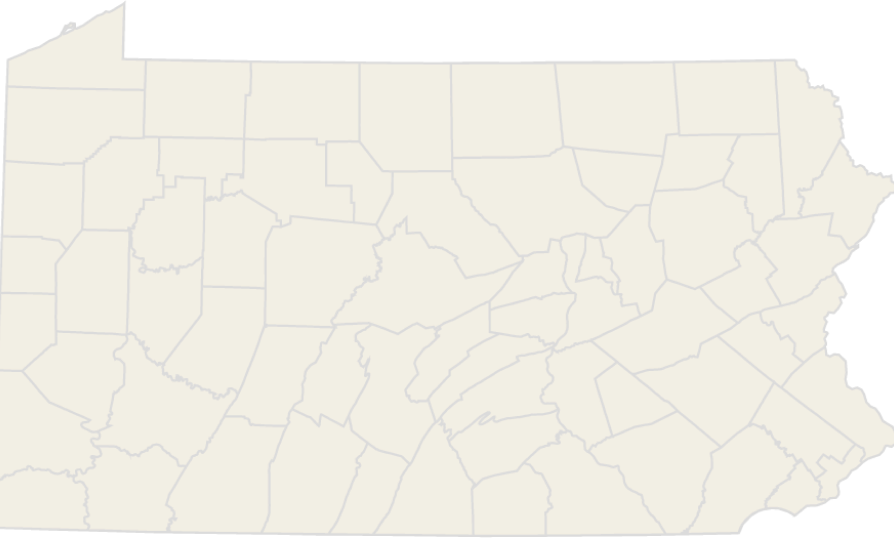Accidents involving drinking and driving tend to increase during festive seasons. As we’re in the midst of the holidays now, planned DUI checkpoints can result in arrests for drivers who have a few too many celebratory drinks.
Get the facts about Pennsylvania DUI checkpoints to understand your rights and responsibilities in this situation.
What to expect
At a DUI checkpoint, law enforcement sets up a roadblock to screen approaching drivers for signs of intoxication. The officer may briefly stop your car at the checkpoint and does not need to suspect that you are under the influence of alcohol or drugs to do so.
The officer may ask if you have been drinking. If you say yes or if you appear intoxicated, the officer can ask you to take a field sobriety test.
You do not have to answer questions at a DUI checkpoint beyond providing your name, address, license, registration, and insurance. You can also refuse a breath test. Keep in mind, however, that exercising this right can result in a one-year license suspension under Pennsylvania law.
The legality of checkpoints
While Pennsylvania allows DUI checkpoints, the law enforcement agency must have a predetermined formula to decide which drivers to screen. For example, they can decide to stop every fourth car. The police department must advertise the location of checkpoints in advance. Typically, they choose areas that have a history of drunk driving accidents or arrests.
You may be tempted to avoid a DUI checkpoint by turning off the road, or performing a U-turn or other legal traffic maneuver. However, law enforcement might use this action as a reason to stop you for suspicion of DUI.

